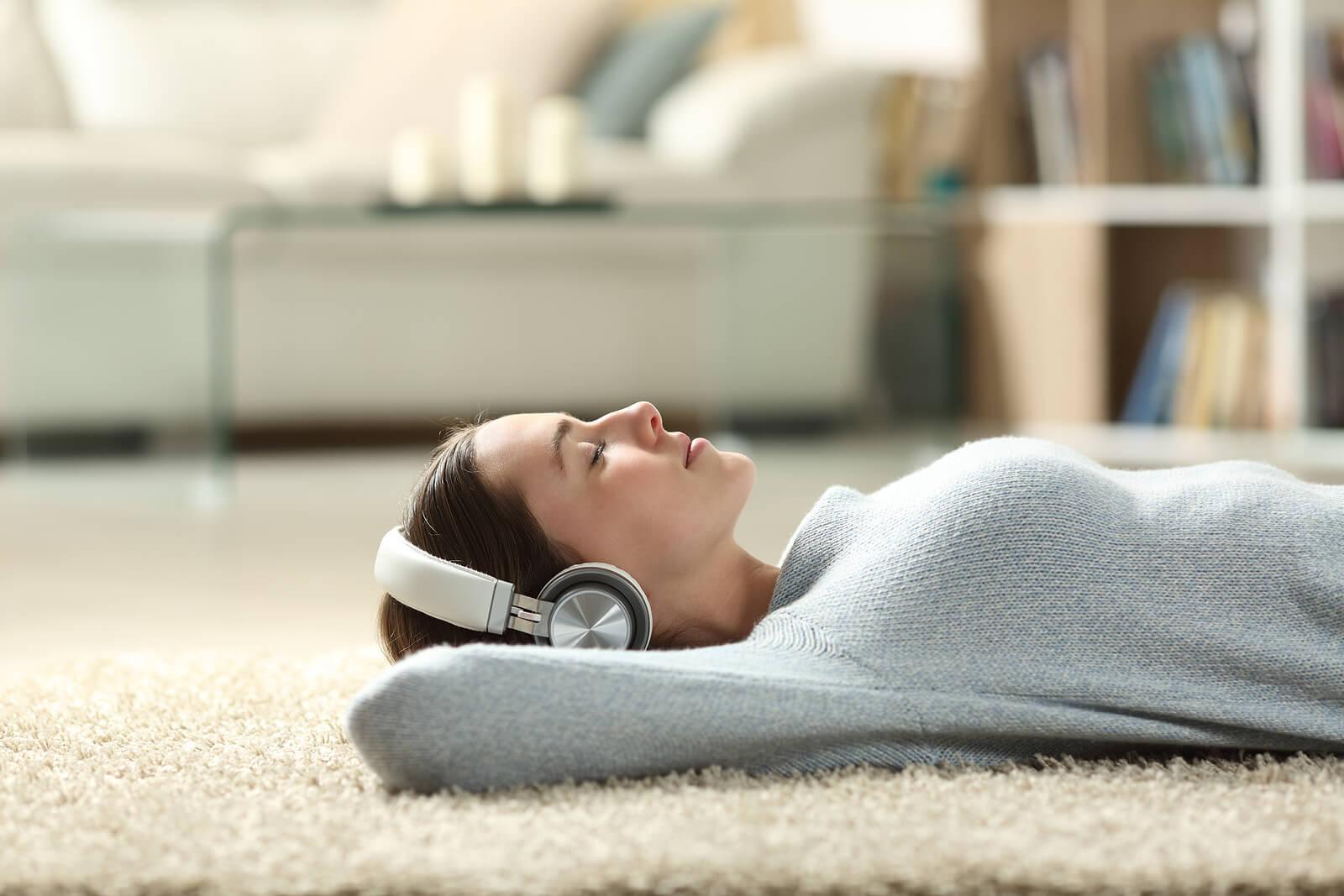
- A Guide to Different Hearing Aid Styles - May 6, 2025
- What is the Lifespan of Hearing Aid Batteries? - April 27, 2025
- Understanding the Different Types of Assistive Listening Technology - April 15, 2025
Do you wear hearing aids and love listening to music, whether at a concert or with headphones? If so, you should know a few things about hearing aids and headphones.
Hearing aids and headphones
It can be challenging for people with hearing loss to find a way to enjoy music. Even a good pair of headphones can’t make up for the sounds you can’t hear, and it can be hard to find headphones that fit over hearing aids. And people who have trouble with tinnitus can find it even harder to enjoy music.
It can be hard to find headphones that fit well when you wear hearing aids. Like earbuds, headphones need to fit well to ensure good sound. If your headphones don’t fit well over your hearing aids or are too close to the microphones, your hearing aids might not help be able to pick up all the sounds coming from your headphones and might even make a lot of feedback instead of helping you hear the music.
You won’t have many headphone options if you have a BTE (behind-the-ear) or RIC (receiver-in-canal) device. Both of these models have parts of the hearing aid behind the ear, making it hard for your headphones to fit correctly and causing the sound to be distorted or even feedback.
Hearing aids that don’t have parts outside the ear, like in-the-ear (ITE) or in-the-canal (ITC) devices, work well with headphones. Hearing aid wearers usually do best with headphones that go over the ear, but some headphones on the ear may also work.
Looking for a more direct method? Try Bluetooth hearing aids.
If you have trouble hearing and want to listen to music the best way possible, you have another choice. Today’s hearing aids are high-tech and have some fantastic features and programs. One of the most recent improvements in hearing technology is that hearing aids now have fantastic connectivity features that let you connect them directly to your phone, computer, or any other Bluetooth-enabled device. You can stream music and other sounds directly to your devices, so you don’t need headphones. You’ll get the best quality sound and won’t have to carry around heavy headphones to listen to music.
Even though headphones work well for people who don’t have trouble hearing, those who do know that it can be hard to hear some sounds, no matter how good the headphones are. Hearing aids, on the other hand, will make sounds louder in the ranges you have trouble hearing, and the sound quality will be better. The sound quality can also be improved when you listen to music with a Bluetooth hearing aid.
How to stop hearing loss
If you love music and wear headphones to the gym, on your way to work, or when walking your dog, you must listen carefully. It’s easy to reach for the volume control to block out background noise or hear better. But turning up the volume can hurt your ears more than you think.
Audiologists say you should never listen to music at a volume higher than 60% so you don’t hurt your ears with loud sounds. Also, it would help if you took a break every hour to give your ears a chance to rest. This is called the 60/60 rule. Whether you use headphones or stream directly to your device, this rule of thumb protects your ears and keeps you from losing more hearing.
Buying noise-canceling headphones is another way to protect your hearing when you listen to music. These will block out those annoying background sounds, so you won’t be tempted to turn up the volume to dangerously loud levels.
See us if you have trouble hearing and want to learn more about hearing aids. We have a wide range of hearing aids for listening to music and have the best features for connecting to other devices. Whether you want a BTE device or a nearly invisible ITC hearing aid, you’ll be able to stream music, audio, phone calls, radio programs, and even driving directions right to your ears. See what everyone is talking about.
